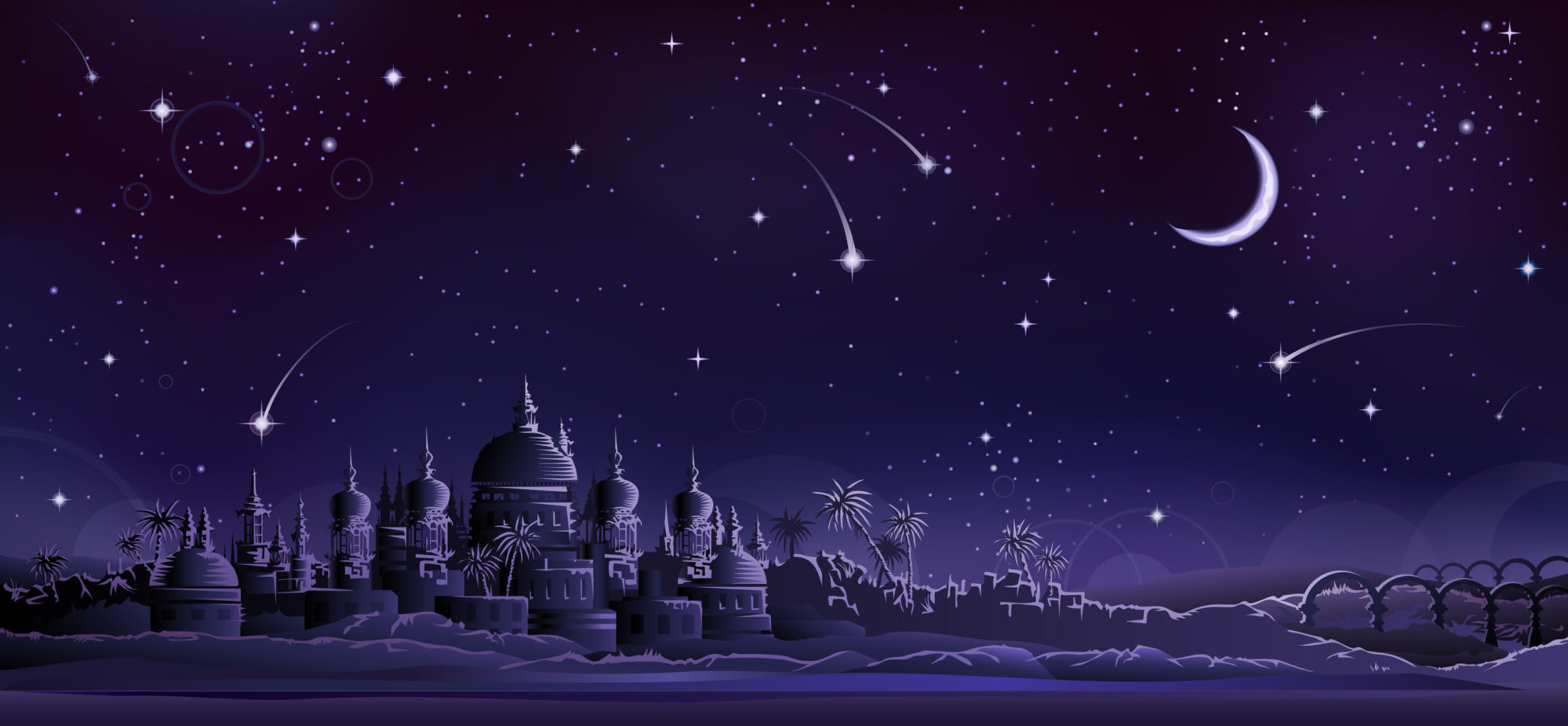I read Less Than Zero my senior year of high school. Growing up in suburban Buffalo, NY, I knew about drugs, casual sex and absentee parents. The parties and dive bars my friends and I went to had none of the glamour of Beverly Hills, but we claimed the book as the anthem of our generation—the surrender to materialism, the wizened disconnect from the world, the futility of caring.
When the movie came out, we took our jabs at it. Andrew McCarthy injecting niceness into Clay? (And what happened to his bisexuality?) Jamie Gertz as Blair? She came off as dumb instead of disaffected. And Less Than Zero was not a love story!! There wasn’t supposed to be redemption at the end. Still I re-watched the movie every time it was on cable. At least the stylized cinematography and the soundtrack translated.
Now, 25 years later, the sequel Imperial Bedrooms comes out. I was immediately intrigued by the real- time lapse between the books. I’d grown up since Less Than Zero. Ellis had grown up. How had his characters grown up?
More on that question in a sec. The quick synopsis: Clay, now a successful Hollywood screenwriter, returns to LA for the production of a film and is drawn to a beautiful but middling young actress and, soon enough, a ton of trouble.
So, what happens to a group of disaffected, morally ambivalent youth 25 years later?
According to Ellis, not much. Julian has somehow survived heroin addiction and netherworld pimps though he’s still pissing people off and owing them money. Blair is married to Trent, the guy in Less Than Zero who introduces his friends to snuff films, and she’s still mired in the soulless culture of the LA elite, now set squarely within the film industry. Clay is still drifting through life anesthetized. The drugs have changed—alcohol and Xanax have replaced cocaine and heroin—but the results are the same. The sexual relationships remain ambiguous.
In Less Than Zero, you could say Clay was feeling his way out of a postapocalyptic world of interpersonal exploitation. In Imperial Bedrooms, the transactions have become ingrained in Clay. He’s too psychologically detached to recognize it, but he’s as much a predator as any of the people around him.
This subtle shift had pluses and minuses for me. In fact, I vacillated on how I felt about it every other page. One on hand, Clay’s pathological narcissism is raw and gripping. He thinks and does increasingly awful things. Reading the book is like being an acrophobic strapped to a high speed roller coaster. I felt stuck on his ride until the end.
But I stopped caring about Clay early on, and halfway through I was so desperate for empathy, I started pulling for everyone who stood against him. I was rooting for the actress who was using him to get a part in his movie. I was rooting for Julian, who sets Clay up in a really despicable way, but at least the guy had cleaned up his life a little. I was even rooting for Rip who hires thugs to torture and murder people. Anyone who would give Clay his comeuppance.
So maybe that was Easton’s point—to push the boundaries of Clay’s relatability, to ask the question: what really matters? The existentialism works well on an atmospheric level. In several parts of the story, I was wondering—is this actually happening or is it all in Clay’s head? Though I think Ellis did a better job with ambiguity/suspense in Lunar Park.
I think the problem is that as readers we’ve grown up. We’ve answered most of our angsty questions, found some meaning in our lives, and a book about a guy who’s lost and remains lost, no matter how elegantly told, just isn’t as interesting as it used to be.
To take it further, there are more angsty questions now that we’re approaching 40 or over 40, but another problem is Imperial Bedrooms doesn’t have anything to say about these issues. Clay’s not having a midlife crisis, he’s having a personality disorder. You wouldn’t know he’d aged since LTZ except for a few references to a failed relationship a few years back. Characters talk about his screenwriting credits, but it’s hard to believe he ever had the ability to write a script.
It pains me to criticize Bret Easton Ellis since I’ve picked up every book he’s written as soon as it came out. I’d judge Imperial Bedrooms as his least successful novel, but for fans, it still has moments of brilliant lyricism and the disorienting anomie we’ve come to love. Less Than Zero was tough to follow up. Most of us thought that all of the characters would be dead by now.



